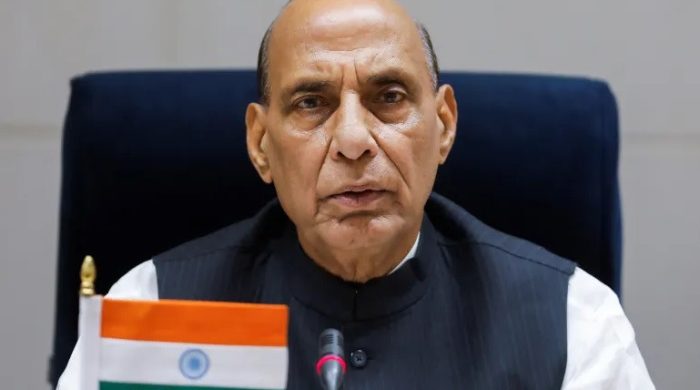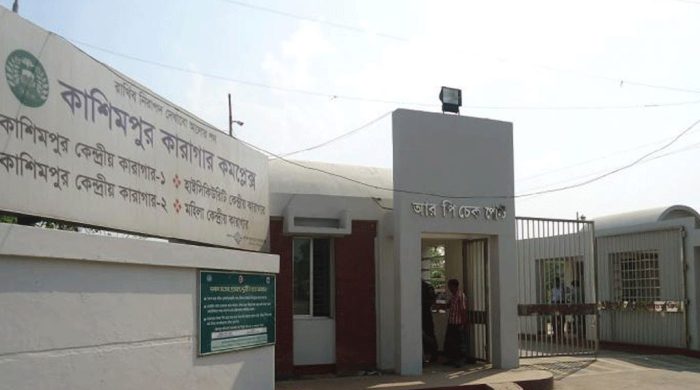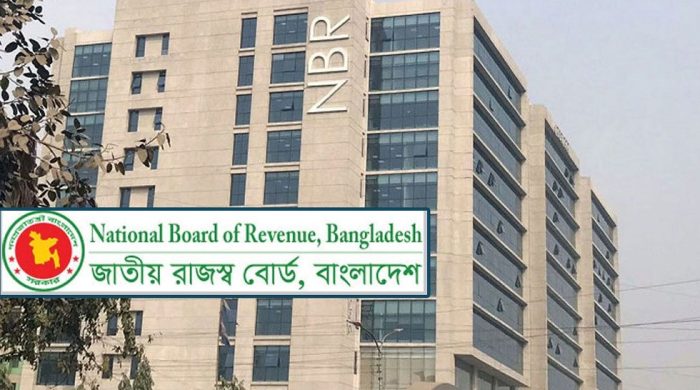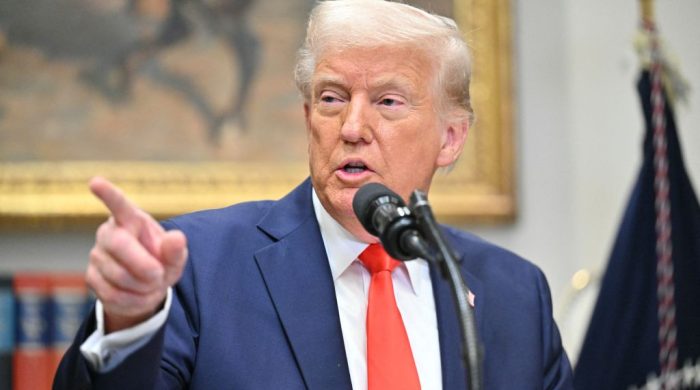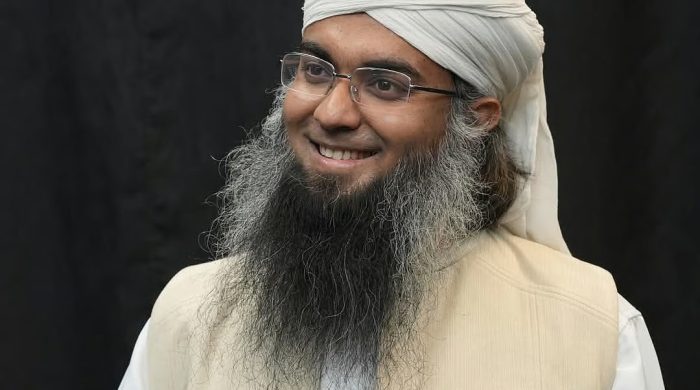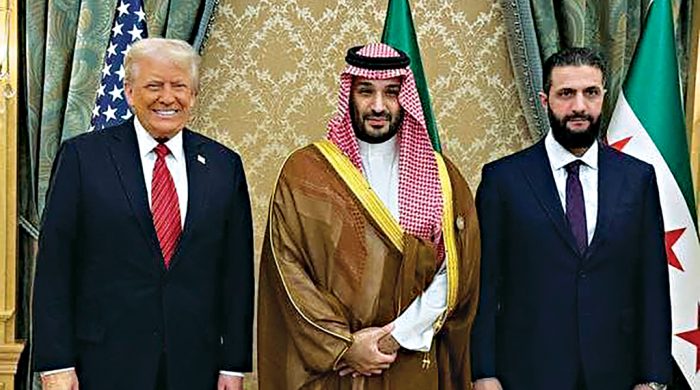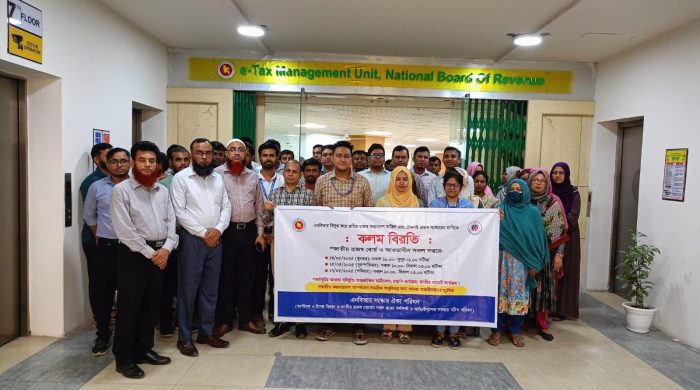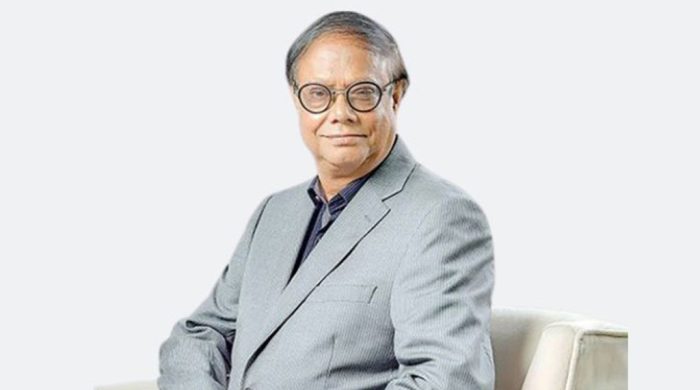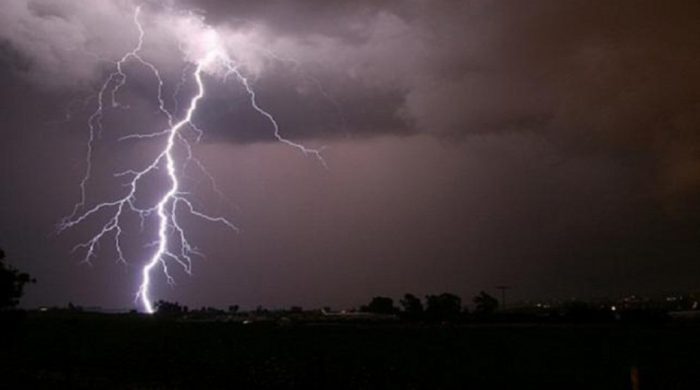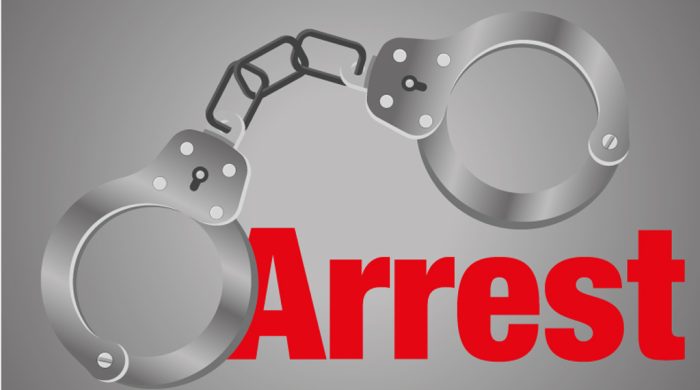Probes, trials of war crimes cases stalled

- Update Time : Sunday, December 15, 2024
- 22 Time View

Investigations into and trials of 1971 war crimes cases pending with the International Crimes Tribunal have come to a standstill while cases filed on charges of crime against humanity during the July-August student-people uprising have got momentum.
The war crimes accused, whether in jail custody or on bail, continue to appear before the tribunal, only to see the deferral of the hearings at the request of the prosecution.
The tribunal has, however, been granting conditional bail to detained accused, on the grounds of health and delayed proceedings.
Prosecutors and tribunal officials told New Age that the stagnation began following the ouster of Sheikh Hasina’s government through the student-people uprising on August 5.
A tribunal official said that 30 war crimes cases against 113 detained suspects remained under investigation.
At least 30 appeals filed by war crimes convicts against their sentences for death or imprisonment until death or life term have been pending with the Appellate Division since 2013, according to register book of the Appellate Division’s criminal cases
The appellate process also suffers delays.
Besides, former Jamaat-e-Bangladesh assistant general secretary ATM Azharul Islam’s review petition against the Appellate Division’s verdict that upheld his death sentence for war crime awaits Appellate Division’s hearing since July 2020.
According to prison authorities, 64 individuals are detained in connection with war crimes.
Among them, 45 convicts are on death row, six face sentence to imprisonment for life term or until death, and the rest 13 are under trial.
Executed war crimes convicts included Jamaat leaders Motiur Rahman Nizami, Abdul Quader Mollah, Muhammad Kamruzzaman, Ali Ahsan Mohammad Mujahid and Mir Quasem Ali, and Bangladesh Nationalist Party leader Salauddin Quader Chowdhury while 25 accused died during the trials.
In addition, 19 new cases and more than 100 complaints on charges of crimes against humanity committed during the July-August 2024 student-people uprising have been filed with the tribunal, which was reconstituted on October 14, 2024.
Additionally, 26 individuals, including prominent Awami League leaders and law enforcement personnel, have been detained in jails in connection with the July-August crimes against humanity, according to prisons officials.
Jurist Shadeen Malik emphasised the urgency of disposal of all pending war crimes cases, calling for an increase in the number of tribunals and benches at the Appellate Division.
‘It is essential to expand the number of judges at the ICT to deal with the volume of complaints lodged with the tribunal,’ he said.
He also stressed the need for appointing more judges to the Appellate Division to effectively tackle the growing backlog of cases .
The tribunal’s chief prosecutor Mohammad Tajul Islam, however, said, ‘It is too early to comment on whether new judges will be appointed or not.’
He said that the old cases would proceed as usual since no decision was made to alter the process.
Commenting on the pending war crimes cases, defence lawyer Abdus Sattar Palowan stated that they would seek acquittal of all detained 1971 war crimes accused.
‘These individuals were politically targeted and implicated in the cases to serve the agenda of Sheikh Hasina’s 15-year rule, which collapsed amid the student-led mass uprising on August 5, 2024,’ he claimed.
ICT prosecutor Tamim Gazi Monwar Hossain, who earlier defended 1971 war crimes accused, said that adjournments in war crimes cases were being sought for preparation of the new prosecutors.
He explained that former prosecutors, backed by then AL government, fled after the regime change without handing over the case files.
‘We will seek fair justice from the reconstituted tribunal when it begins trials,’ Tamim said, adding, ‘I believe the accused in old cases did not receive impartial justice from the previous tribunal.’
Two tribunals were established in 2009 during the Awami League government to prosecute individuals accused of 1971 war crimes and crimes against humanity. The tribunals disposed of 55 cases, primarily targeting high-profile leaders of the Jamaat-e-Islami.
The government later merged the two tribunals into one, which became dysfunctional after the retirement of the Tribunal-1 chairman, Justice Md Abu Ahmed Jamadar, as a High Court judge on June 16, 2024.
To revive the tribunal, the government reconstituted the International Crimes Tribunal on October 14, 2024, appointing Justice Md Golam Mortuza Mozumder of the High Court as its chairman.
Earlier, on September 5, 2024, the law ministry appointed Mohammad Tajul Islam, a lawyer known for defending Jamaat-e-Islami leaders in war crimes cases, as the tribunal’s chief prosecutor.
The home ministry followed up on September 18, reconstituting the ICT Investigation Agency with retired additional deputy inspector general Md Mazharul Haque as its chief coordinator to investigate allegations of crimes against humanity during the student-led mass uprising.
Law adviser Asif Nazrul earlier on several occasions, while inspecting the renovation progress of the tribunal, reaffirmed the government’s commitment to holding fair trials of those involved in the July-August massacre.
Asif Nazrul said that at least 1,500 students and civilians were killed, and thousands injured during indiscriminate firing ordered by the Awami League government during the July-August uprising.






